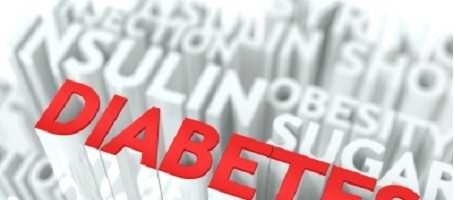People under sixteen should be banned from drinking energy drinks, according to charity Action on Sugar. They argue that the sugar content promotes obesity and type 2 diabetes.
In a survey of energy drinks sold in supermarkets, the charity found that one product had 10 teaspoons of sugar per 250ml.
Action on Sugar criticised the sugar content of energy drinks, arguing that it increases the risk of obesity and type 2 diabetes.
The role of sugar in our diets is already under great scrutiny. Public health campaigns have focused on encouraging people to reduce their sugar intake, in an effort to tackle the obesity crisis.
Obesity increases the risk of a number of health issues, including type 2 diabetes, heart disease, stroke, and some types of cancer.
Graham MacGregor, professor of cardiovascular medicine at Queen Mary University of London and chairman of Action on Sugar said: “Children are being deceived into drinking large cans of this stuff, thinking they are going to improve their performance at school, during sports, or even on a night out.
“In reality all they are doing is increasing their risk of developing obesity or type 2 diabetes which will have lifelong implications on their health.
“Type 2 diabetes is a leading cause of blindness, limb amputation and kidney dialysis – hardly the image of a healthy, active person.”
The British Soft Drinks Association (BDSA) challenged Action on Sugar’s recommendations, citing the variety of energy drinks available, some of which don’t contain as much sugar: “These products are called energy drinks for a reason – they deliver a caffeine or glucose-based energy boost.
“They are now available in a variety of types, flavours and sizes, including a range of low and no-calorie options, so that consumers have a much wider choice.”
Recent recommendations from the World Health Organisation (WHO) and government assessments suggested cutting the current daily sugar recommendations. Research has concluded that excessive sugar intake is a huge contributor to obesity and type 2 diabetes.
What's new on the forum? ⭐️
Get our free newsletters
Stay up to date with the latest news, research and breakthroughs.







